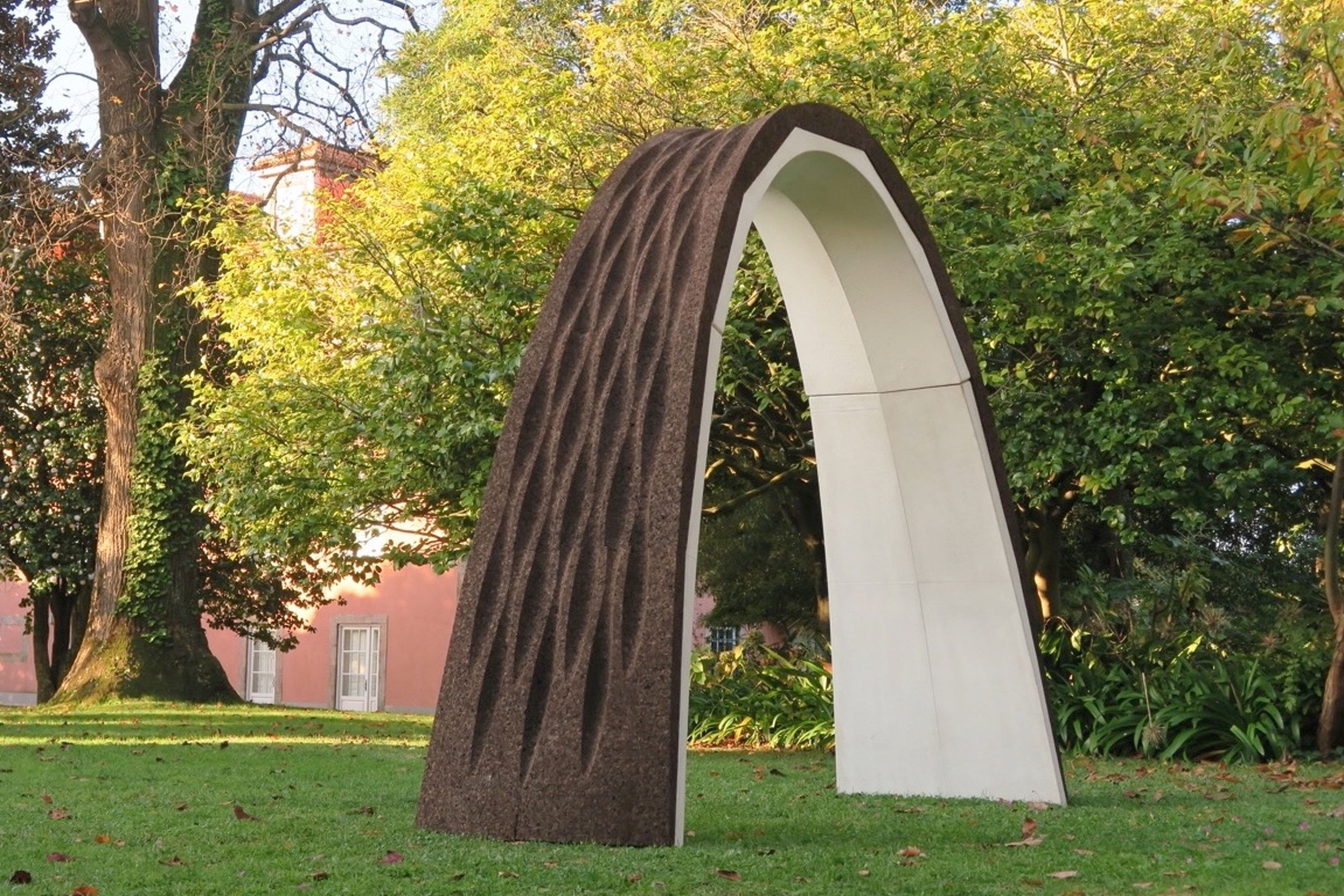RobTech
Robotic Technologies for a Non-Standard Design and Construction in Architecture

Robotic Technologies for a Non-Standard Design and Construction in Architecture
Start Year
2012 (Concluded)
Duration
36 months
Principal Investigator
Funding Entity
FCT, Fundação para a Ciência e a Tecnologia
Funding Value
199.961,00 Euros
Project Reference
PTDC/ATP-AQ1/5124/2012
Proposing Institution
CEAU-FAUP
Partner Institutions
INESC TEC
Abstract
Initiated in 2013 with a FCT Grant, the RobTech Project emerged as a pioneering initiative in Portugal, dedicated to investigating the potential of Robotics, the most flexible digital manufacturing technology available at the time, in supporting non-standard architectural design and construction. Led by a diverse team of architects, structural, electronic, and computer science engineers, the RobTech Project established in Portugal the first architectural Laboratory equipped with a robotic arm, while being one of the few projects of its kind globally at the time. Collaborating with a network of international consultants and rooted in the Portuguese context, the project aimed to promote local and global innovation through three main avenues: Applied Research, Applied and Historical Research, and Experimental Research. Through Applied Research, the project explored the robotic fabrication of intricate geometries and variable customized assemblies, utilizing Portuguese materials such as cork, ceramics, and wood. Additionally, the project utilized robotic fabrication to reimagine traditional construction methods and revive architectural heritage as part of Applied and Historical Research. Lastly, Experimental Research focused on conceiving, developing, and testing an original concept for a new robotic fabrication system, either for prefabrication or on-site construction. The RobTech Project yielded significant results, including the publication of a book, numerous published articles and conference presentations, as well as the creation of several prototypes and installations. Notably, two noteworthy outcomes of the project were the CorkCrete Arch, a structure made out of cork and GRC produced through robotic means, and the SPIDERobot, a cable-driven robot.
Team
Equipa
José Pedro Sousa (Principal Investigador)
Faculdade de Arquitectura da Universidade do Porto
Manuel Oliveira
Faculdade de Arquitectura da Universidade do Porto
José Campos
Faculdade de Arquitectura da Universidade do Porto
João Azevedo
Faculdade de Arquitectura da Universidade do Porto
João Pedro Xavier
Faculdade de Arquitectura da Universidade do Porto
Rui Póvoas
Faculdade de Arquitectura da Universidade do Porto
Nuno Maia
.
António Pedro Moreira
.
Manuel Silva
.
Pedro Martins
.
Pedro de Azambuja Varela
Faculdade de Arquitectura da Universidade do Porto
Cristina Gassó Palop
.
Eduardo Moreira
.
António Pedro Moreira
.
Nuno Maia
.
Manuel Oliveira
.
Leonhard Trummer
.
António Meireles
.
Joana Pinho da Costa
.
Student Assistants
Mário Martins
Rudrapalsinh Solanki
Daniel Almeida
Rui Oliveira
Luisa Barreira
Rafael Santos
Gabriel Correia
João Carvalho
Catarina Brites
Consultants
Branko Kolarevic
Paulo Fonseca de Campos
Mário Kruger
Dennis Shelden
Lawrence Sass
José Pinto Duarte
Industry Partners
Amorim Cork Insulation
Mota Engil, Valchromat
Cerâmica Vale da Gândara